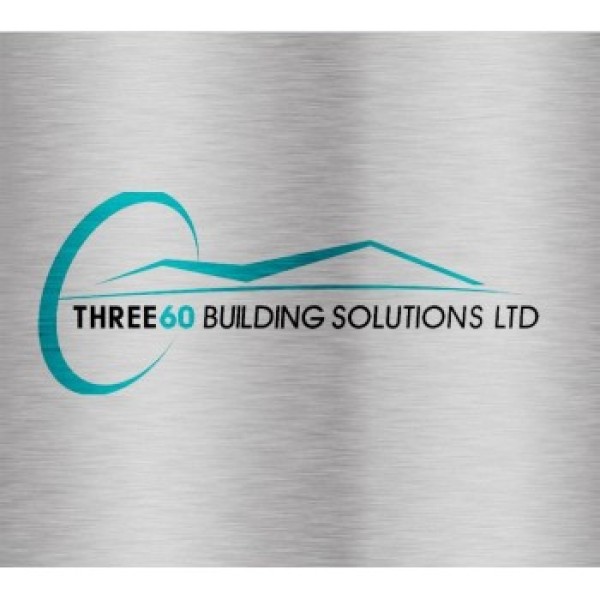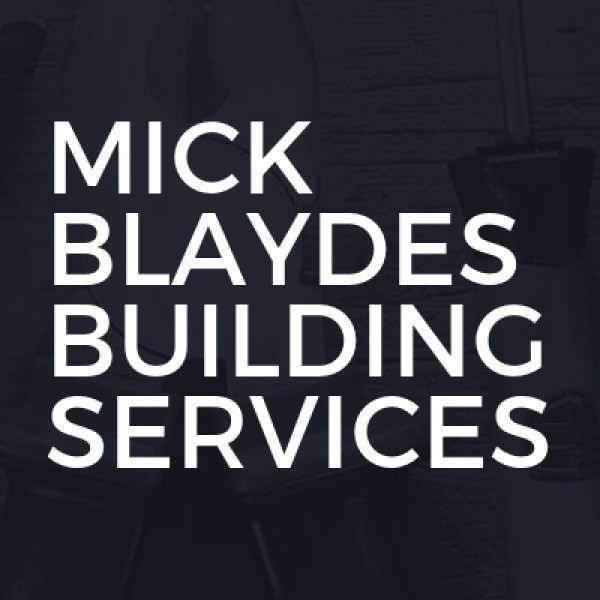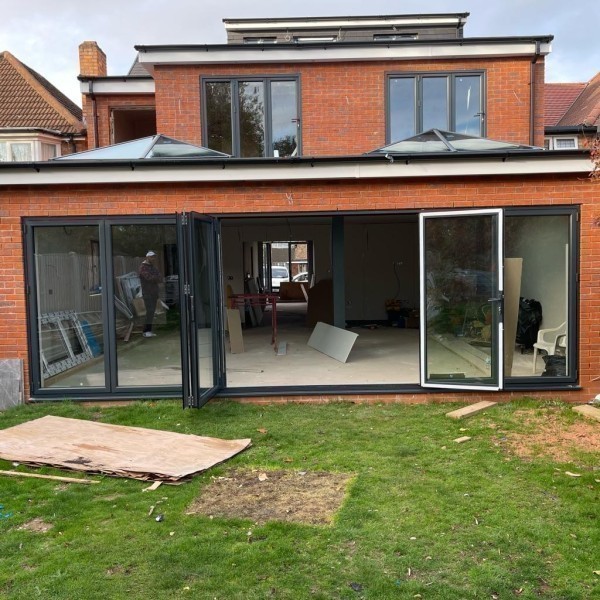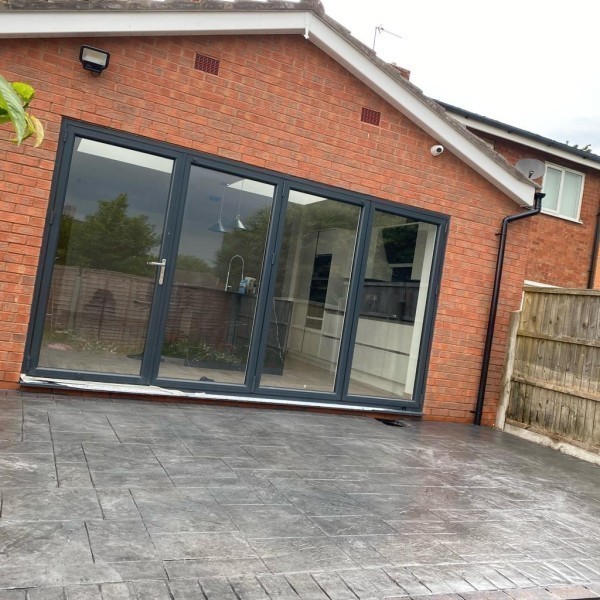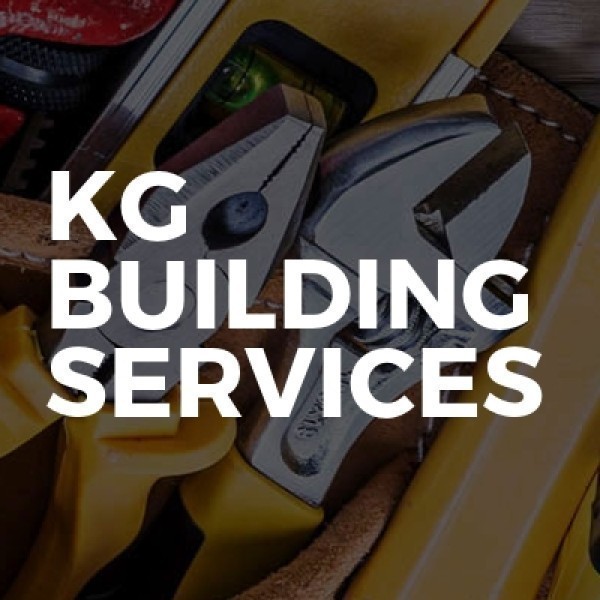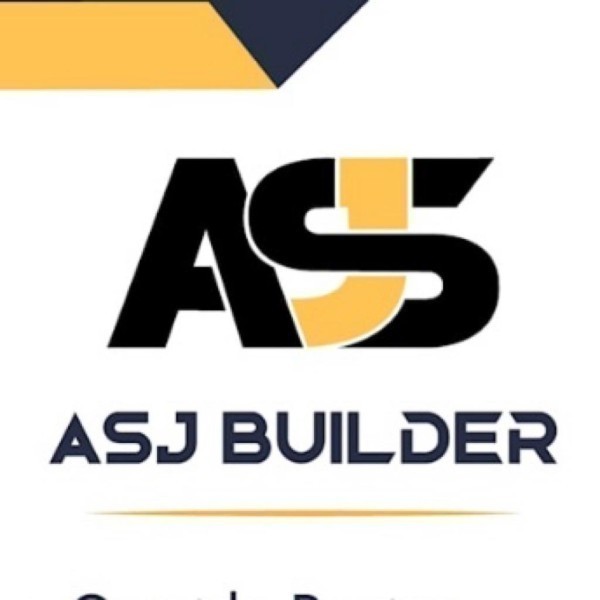Garage Conversions in Tipton
Search Garage Conversions in places nearby
Understanding Garage Conversions in Tipton
Garage conversions in Tipton have become a popular choice for homeowners looking to maximise their living space without the hassle of moving. This transformation can turn an underutilised area into a functional and stylish part of your home. Whether you're dreaming of a new office, a playroom, or an extra bedroom, converting your garage can be a cost-effective solution. Let's delve into the ins and outs of garage conversions in Tipton, exploring everything from planning permissions to design ideas.
The Benefits of Garage Conversions
Garage conversions offer numerous advantages. Firstly, they increase your home's living space, providing additional room for various purposes. Secondly, they can significantly boost your property's value, making it a wise investment. Moreover, converting a garage is often cheaper and quicker than building an extension. It's also an eco-friendly option, as it utilises existing structures, reducing the need for new materials.
Increased Living Space
One of the primary reasons homeowners opt for garage conversions is to gain extra living space. Whether you need a home office, a gym, or a guest bedroom, a garage conversion can provide the perfect solution. This additional space can enhance your home's functionality and comfort, catering to your family's evolving needs.
Enhanced Property Value
Garage conversions can add significant value to your property. By transforming an unused space into a functional room, you increase your home's appeal to potential buyers. This can lead to a higher resale value, offering a substantial return on your investment.
Cost-Effective Solution
Compared to building a new extension, garage conversions are generally more affordable. They require fewer materials and less labour, making them a budget-friendly option for expanding your home. Additionally, the process is often quicker, minimising disruption to your daily life.
Planning Permission and Regulations
Before embarking on a garage conversion in Tipton, it's essential to understand the planning permissions and regulations involved. While many conversions fall under permitted development rights, some may require planning permission. It's crucial to consult with your local council to ensure compliance with all necessary regulations.
Permitted Development Rights
In many cases, garage conversions are considered permitted development, meaning they don't require planning permission. However, this is subject to specific conditions, such as the size and use of the conversion. It's advisable to check with your local planning authority to confirm whether your project qualifies.
Building Regulations
Regardless of planning permission, all garage conversions must comply with building regulations. These standards ensure the safety and quality of the construction, covering aspects such as insulation, ventilation, and fire safety. Hiring a professional builder familiar with these regulations can help ensure your conversion meets all necessary requirements.
Design Ideas for Garage Conversions
When it comes to designing your garage conversion, the possibilities are endless. From cosy living spaces to functional work areas, your garage can be transformed to suit your needs and style. Here are some popular design ideas to consider.
Home Office
With the rise of remote working, a home office is a practical choice for a garage conversion. This dedicated workspace can enhance productivity and provide a quiet area away from household distractions. Consider incorporating ample storage, ergonomic furniture, and good lighting to create an efficient and comfortable office environment.
Guest Bedroom
If you frequently host visitors, converting your garage into a guest bedroom can be a great option. This space can offer privacy and comfort for your guests, complete with a cosy bed, storage solutions, and perhaps even an en-suite bathroom. Choose calming colours and soft furnishings to create a welcoming atmosphere.
Playroom
A playroom is an excellent choice for families with young children. This dedicated space can keep toys and games contained, reducing clutter in other areas of your home. Consider adding colourful decor, ample storage, and soft flooring to create a safe and fun environment for your little ones.
Choosing the Right Professionals
To ensure a successful garage conversion, it's crucial to hire the right professionals. From architects to builders, each plays a vital role in bringing your vision to life. Here's what to consider when selecting your team.
Architects
An architect can help design your garage conversion, ensuring it meets your needs and complies with regulations. They can provide valuable insights into space utilisation, layout, and design, helping you make the most of your conversion.
Builders
Hiring experienced builders is essential for a high-quality conversion. Look for professionals with a proven track record in garage conversions, as they'll be familiar with the specific challenges and requirements of such projects. Check reviews and ask for references to ensure you're choosing a reputable builder.
Interior Designers
If you're looking to create a stylish and cohesive space, an interior designer can be a valuable asset. They can help with colour schemes, furnishings, and decor, ensuring your garage conversion is both functional and aesthetically pleasing.
Cost Considerations
Understanding the costs involved in a garage conversion is crucial for budgeting and planning. Several factors can influence the overall cost, including the size of the garage, the complexity of the design, and the materials used.
Size and Scope
The size and scope of your conversion will significantly impact the cost. Larger garages or those requiring extensive structural changes will generally be more expensive to convert. It's essential to have a clear understanding of your project's scope to budget effectively.
Materials and Finishes
The choice of materials and finishes can also affect the cost of your conversion. High-end materials and bespoke finishes will increase the overall expense, while more affordable options can help keep costs down. It's important to balance quality with budget to achieve the desired outcome.
Professional Fees
Professional fees, including those for architects, builders, and interior designers, should be factored into your budget. While these services can add to the cost, they are often essential for ensuring a successful and compliant conversion.
Frequently Asked Questions
Do I need planning permission for a garage conversion in Tipton?
In many cases, garage conversions fall under permitted development rights and don't require planning permission. However, it's essential to check with your local planning authority to confirm whether your project qualifies.
How long does a garage conversion take?
The duration of a garage conversion can vary depending on the complexity of the project. On average, it takes between four to six weeks to complete a standard conversion.
Can I convert a detached garage?
Yes, detached garages can be converted, offering the same benefits as attached garages. However, they may require additional considerations, such as access and utilities.
Will a garage conversion add value to my home?
Yes, a well-executed garage conversion can increase your property's value by providing additional living space and enhancing its appeal to potential buyers.
What are the building regulations for garage conversions?
Building regulations for garage conversions cover aspects such as insulation, ventilation, and fire safety. It's essential to comply with these standards to ensure the safety and quality of the construction.
Can I convert my garage into a kitchen?
Yes, converting a garage into a kitchen is possible, but it may require additional plumbing and electrical work. It's advisable to consult with professionals to ensure a successful conversion.
In conclusion, garage conversions in Tipton offer a fantastic opportunity to enhance your home's functionality and value. By understanding the benefits, planning permissions, design ideas, and costs involved, you can embark on a successful conversion project that meets your needs and budget. With the right professionals by your side, your garage can be transformed into a stylish and practical living space, adding both comfort and value to your home.



